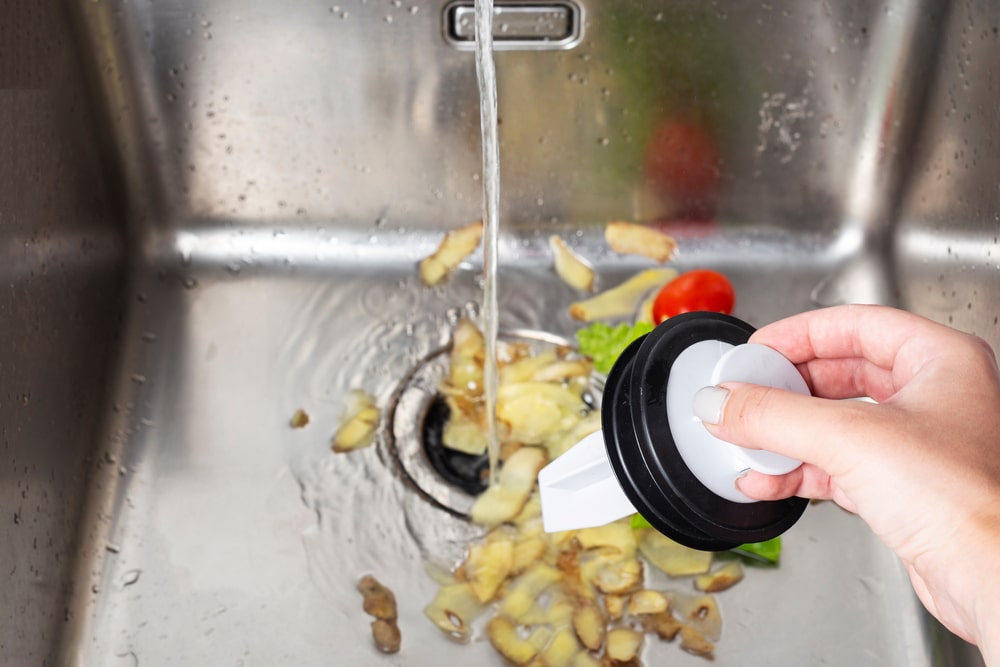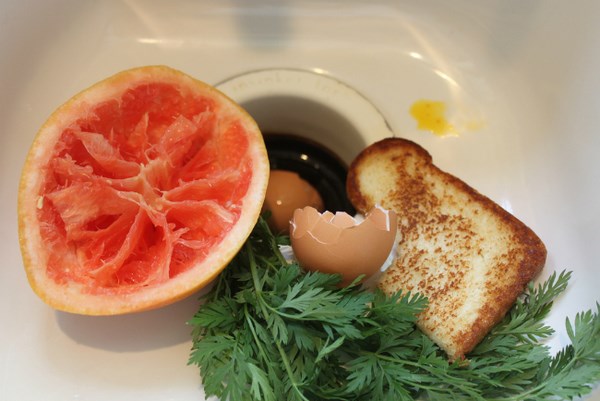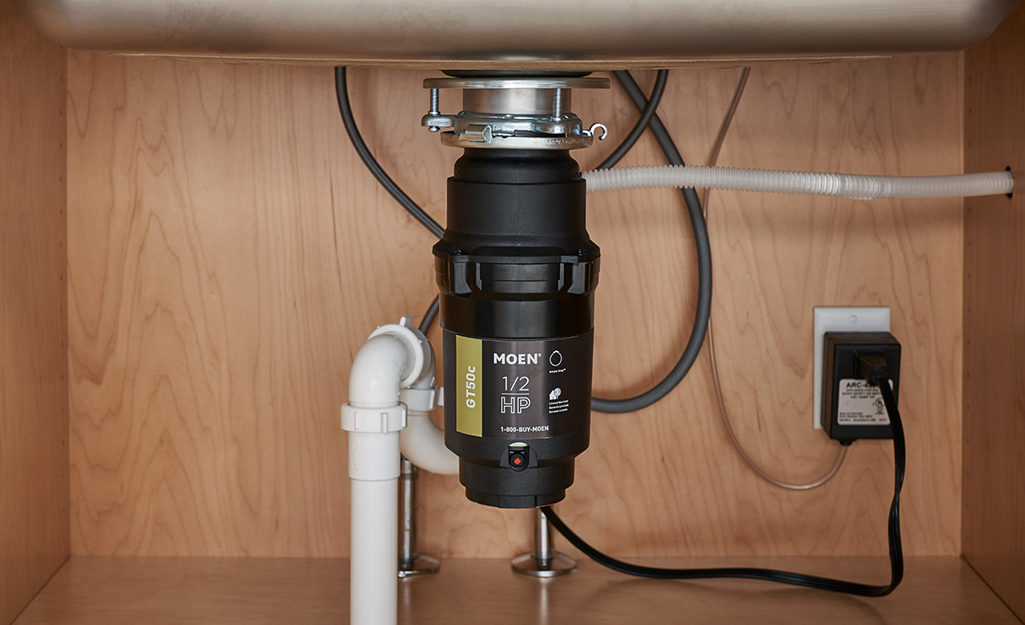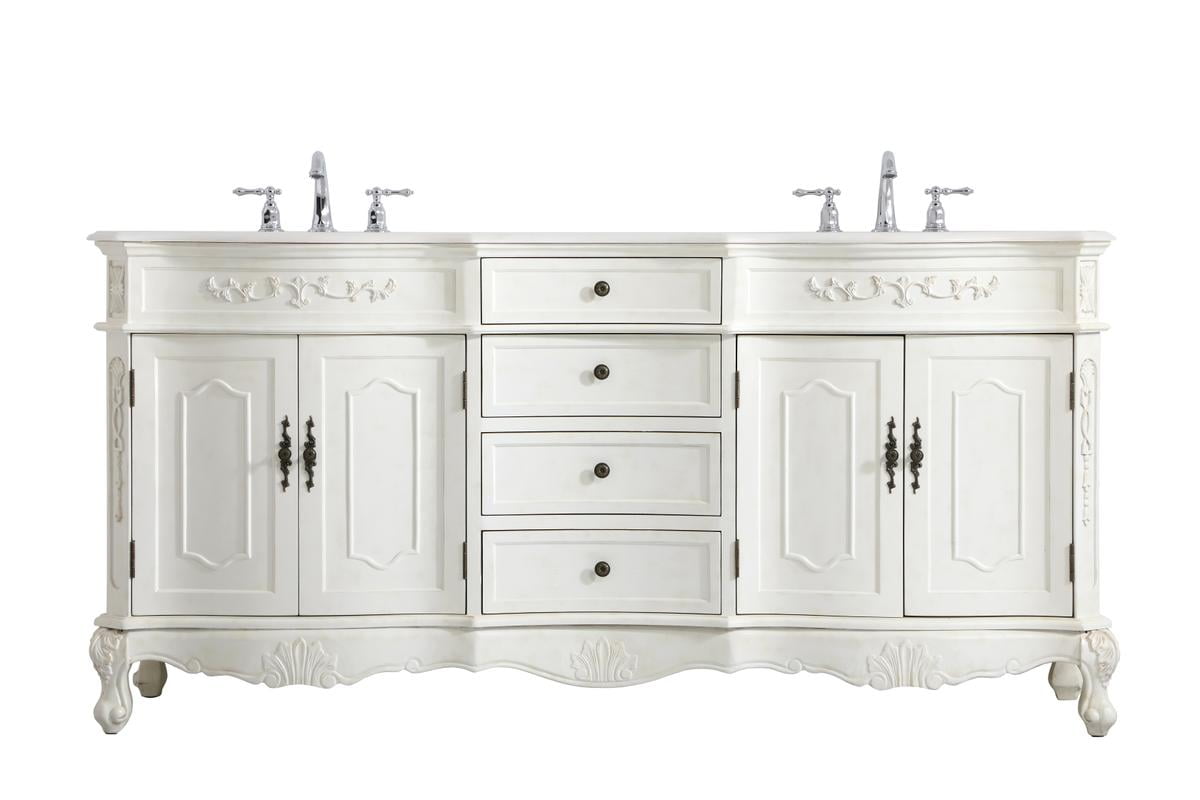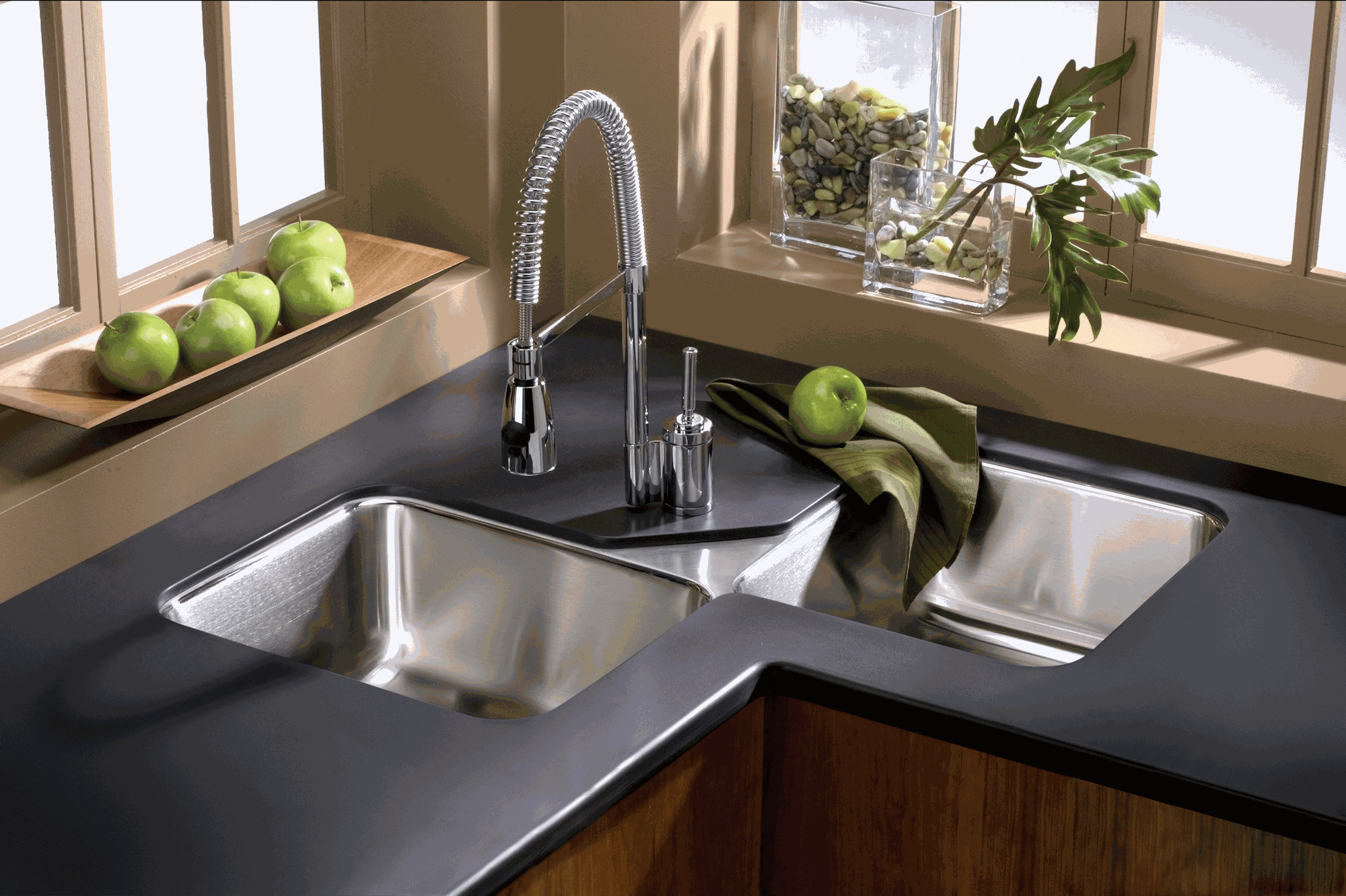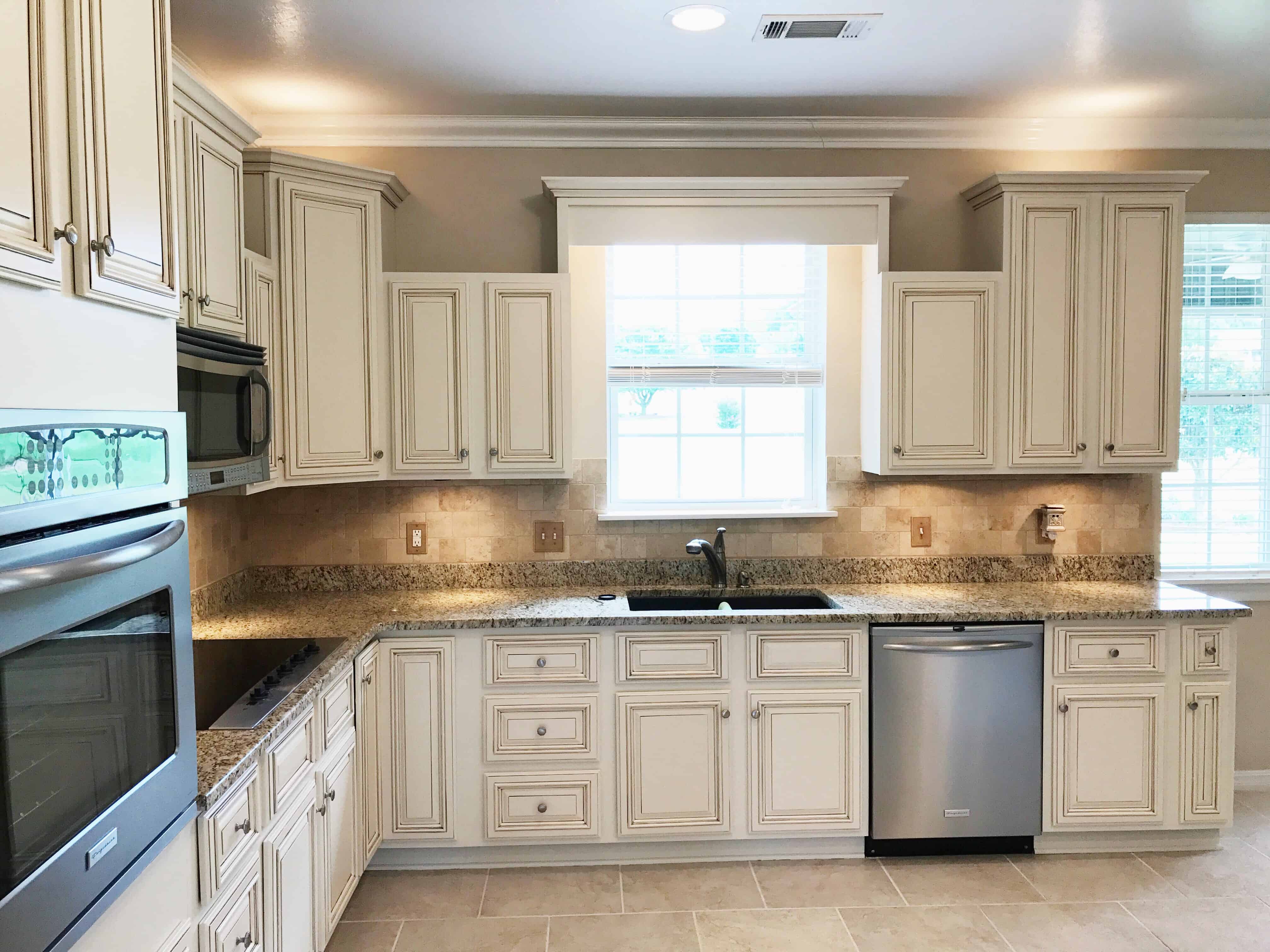If you have a clogged kitchen sink with a garbage disposal, you know how frustrating it can be. Not only does it make it difficult to use your sink, but it can also cause unpleasant odors and even damage to your disposal. But before you call a plumber, try these DIY methods for unclogging your kitchen sink with a garbage disposal.Unclogging a Garbage Disposal
One of the most common causes of a clogged kitchen sink with a garbage disposal is food debris. Over time, these scraps can build up and create a blockage in your disposal and pipes. To fix this issue, start by turning off the power to your garbage disposal. Then, use a pair of tongs or pliers to remove any visible debris from the disposal. You can also try pouring boiling water down the drain to help break up any grease or food particles. Once the drain is clear, turn the power back on and run cold water for a few minutes to flush out any remaining debris.How to Fix a Clogged Kitchen Sink with a Garbage Disposal
If the above method doesn't work, you can try using a plunger to clear the clog. Make sure to block the opposite drain with a wet rag or stopper before plunging. This will create more suction and help to dislodge the clog. If that still doesn't work, you can try using a plumbing snake to manually remove the blockage. Insert the snake into the drain and turn it clockwise to break up and remove any debris. Once the clog is cleared, run hot water down the drain to flush out any remaining particles.DIY Kitchen Sink Clog Removal with Garbage Disposal
If your garbage disposal is clogged with food debris, there are a few DIY solutions you can try before calling a plumber. One method is to use a mixture of baking soda and vinegar. Pour half a cup of baking soda down the drain, followed by a cup of vinegar. Let the mixture sit for a few minutes before pouring boiling water down the drain. This will help to break up and flush out any debris. You can also try using a mixture of salt and hot water to dissolve any stubborn grease or food particles.Garbage Disposal Clogged with Kitchen Sink Debris
Another potential cause of a clogged kitchen sink with a garbage disposal is a malfunctioning disposal unit. If your disposal is not grinding food properly, it can lead to clogs. In this case, you may need to reset your disposal. Locate the reset button on the bottom of the disposal unit and press it to reset the motor. If this does not fix the issue, you may need to replace your disposal unit.Clearing a Kitchen Sink Clog with a Garbage Disposal
Prevention is key when it comes to avoiding clogs in your kitchen sink and garbage disposal. Make sure to run cold water before and after using your disposal to help flush out any debris. Avoid putting large amounts of food down the disposal at once and always use plenty of water when grinding food. You can also try using a garbage disposal cleaner once a month to help prevent buildup and keep your disposal running smoothly.Garbage Disposal Clog Solutions for Kitchen Sink
If you have tried all of the above methods and your kitchen sink is still clogged, it may be time to call a professional plumber. They have the tools and expertise to clear even the toughest clogs and ensure that your disposal and pipes are in good working order. They can also provide helpful tips for preventing future clogs.Removing a Clog from a Kitchen Sink with Garbage Disposal
Dealing with a clogged kitchen sink and garbage disposal can be a hassle, but with these DIY solutions and preventative measures, you can save yourself the time and expense of calling a plumber. Remember to always use caution when working with your garbage disposal and never put your hand in the unit, even when it is turned off. With proper care and maintenance, your kitchen sink and garbage disposal can work efficiently for years to come.Fixing a Clogged Kitchen Sink and Garbage Disposal
In addition to these DIY methods, there are a few repair tips you can follow to keep your kitchen sink and garbage disposal in top shape. Regularly check the rubber gasket around the sink flange for wear and tear and replace it if needed. You should also clean the blades and interior of your disposal unit every few months to prevent buildup and odors. And remember to never put non-food items, grease, or fibrous foods like celery or potato peels down your disposal.Kitchen Sink Clog and Garbage Disposal Repair Tips
The best way to deal with a clogged kitchen sink and garbage disposal is to prevent it from happening in the first place. By following these tips and regularly maintaining your disposal unit, you can avoid the frustration and expense of a clogged sink. Remember to always use plenty of water when running your disposal and avoid putting large amounts of food down at once. With these preventative measures, you can keep your kitchen sink and garbage disposal running smoothly for years to come.How to Prevent Kitchen Sink Clogs with a Garbage Disposal
How to Keep Your Kitchen Sink Clog-Free and Your Garbage Disposal Running Smoothly

Regular Maintenance and Cleaning
 Keeping your kitchen sink clog-free and your garbage disposal running smoothly requires regular maintenance and cleaning.
Regular maintenance and cleaning
not only prevent clogs and malfunctions but also extend the lifespan of your
garbage disposal
.
Garbage disposal
is an essential tool in any kitchen, and a clogged
kitchen sink
can be a major inconvenience. With a few simple steps, you can ensure that your
kitchen sink
and
garbage disposal
stay in top working condition.
Keeping your kitchen sink clog-free and your garbage disposal running smoothly requires regular maintenance and cleaning.
Regular maintenance and cleaning
not only prevent clogs and malfunctions but also extend the lifespan of your
garbage disposal
.
Garbage disposal
is an essential tool in any kitchen, and a clogged
kitchen sink
can be a major inconvenience. With a few simple steps, you can ensure that your
kitchen sink
and
garbage disposal
stay in top working condition.
Use Cold Water
 When using your
garbage disposal
, always run cold water. Hot water can melt fats and grease, causing them to build up in the
kitchen sink
and
garbage disposal
over time, leading to clogs. Cold water, on the other hand, solidifies these substances, making it easier for your
garbage disposal
to break them down and flush them out.
When using your
garbage disposal
, always run cold water. Hot water can melt fats and grease, causing them to build up in the
kitchen sink
and
garbage disposal
over time, leading to clogs. Cold water, on the other hand, solidifies these substances, making it easier for your
garbage disposal
to break them down and flush them out.
Avoid Putting Certain Foods Down the Disposal
 While your
garbage disposal
can handle most food scraps, there are a few items that should never be put down the drain. These include fibrous foods like celery, onion skins, and corn husks, as well as hard items like bones and fruit pits. These can get stuck in your
garbage disposal
and cause clogs. Also, avoid pouring oils and fats down the drain, as they can solidify and cause blockages.
While your
garbage disposal
can handle most food scraps, there are a few items that should never be put down the drain. These include fibrous foods like celery, onion skins, and corn husks, as well as hard items like bones and fruit pits. These can get stuck in your
garbage disposal
and cause clogs. Also, avoid pouring oils and fats down the drain, as they can solidify and cause blockages.
Run Water Before and After Use
 Before and after using your
garbage disposal
, run water for a few seconds to help flush out any remaining food particles. This will prevent build-up and keep your
garbage disposal
clean and functioning properly.
Before and after using your
garbage disposal
, run water for a few seconds to help flush out any remaining food particles. This will prevent build-up and keep your
garbage disposal
clean and functioning properly.
Use Citrus Peels to Freshen and Clean
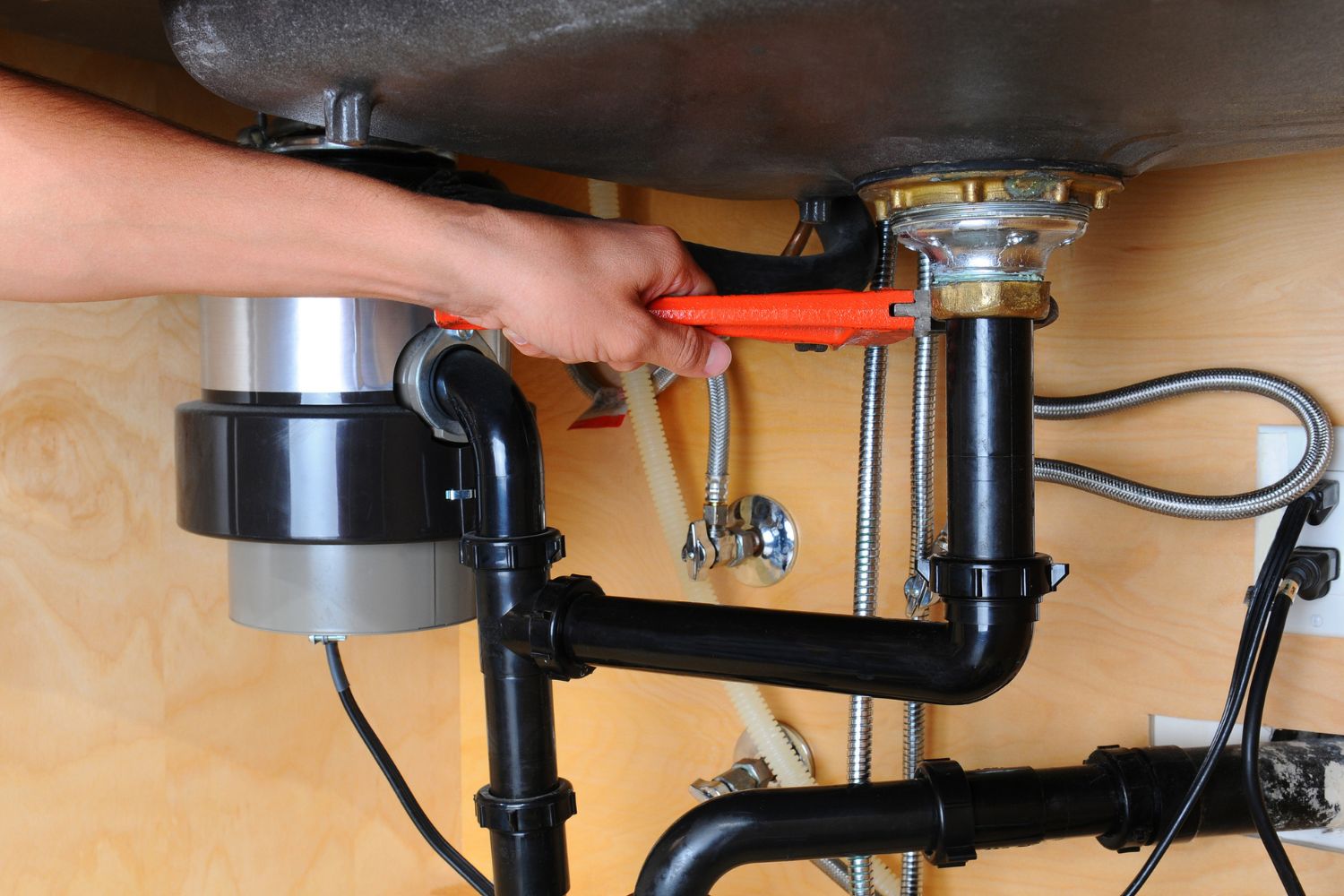 To keep your
garbage disposal
smelling fresh and clean, toss in some citrus peels and run the disposal. The acidic properties of citrus fruits help break down any food particles and eliminate odors.
To keep your
garbage disposal
smelling fresh and clean, toss in some citrus peels and run the disposal. The acidic properties of citrus fruits help break down any food particles and eliminate odors.
Know When to Call a Professional
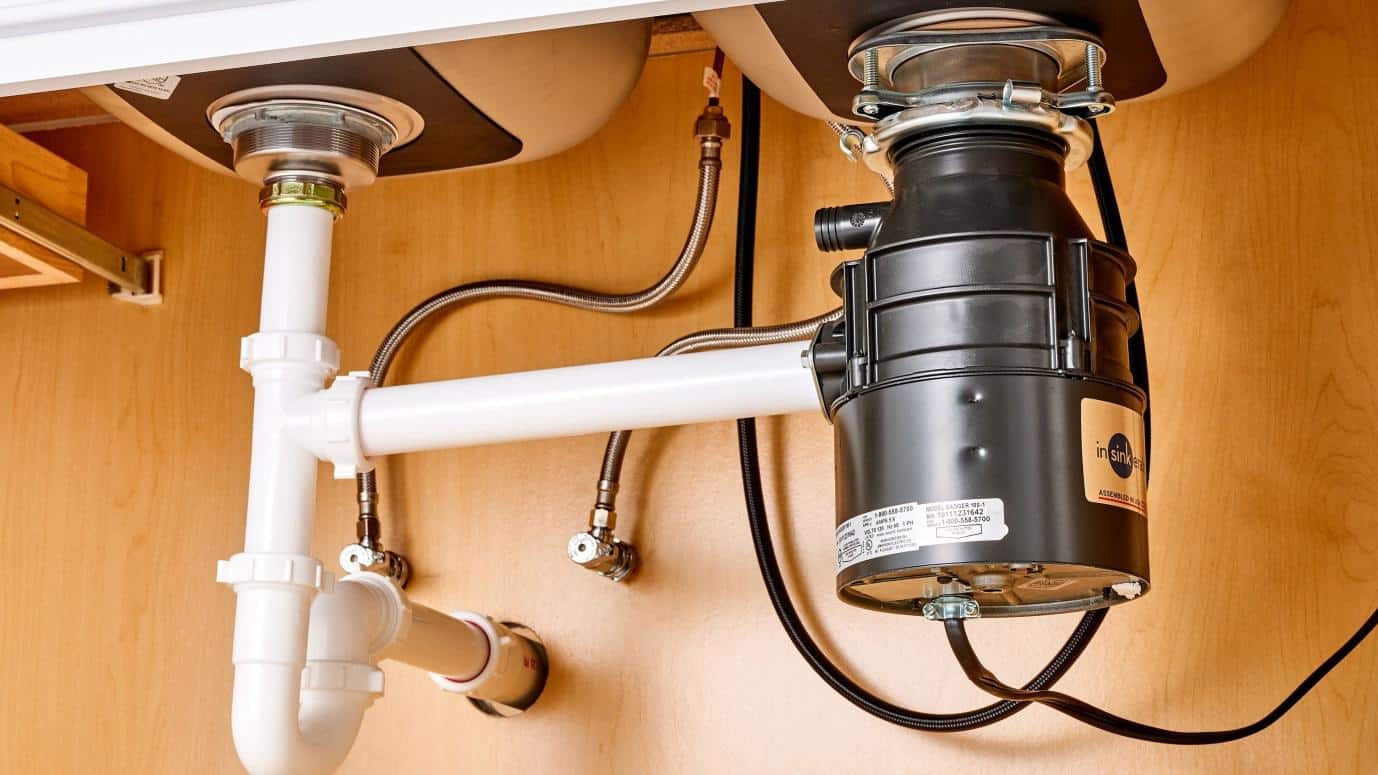 If you notice your
kitchen sink
draining slowly or your
garbage disposal
making unusual noises, it may be time to call a professional plumber. They can inspect and unclog your
kitchen sink
and
garbage disposal
if necessary, ensuring they continue to function properly.
In conclusion, proper maintenance and cleaning are key to keeping your
kitchen sink
clog-free and your
garbage disposal
running smoothly. By following these simple tips, you can avoid costly repairs and keep your kitchen functioning efficiently. Remember to always use cold water, avoid putting certain foods down the disposal, and know when to call a professional for help. With these practices in place, you can enjoy a hassle-free kitchen and a well-functioning
garbage disposal
.
If you notice your
kitchen sink
draining slowly or your
garbage disposal
making unusual noises, it may be time to call a professional plumber. They can inspect and unclog your
kitchen sink
and
garbage disposal
if necessary, ensuring they continue to function properly.
In conclusion, proper maintenance and cleaning are key to keeping your
kitchen sink
clog-free and your
garbage disposal
running smoothly. By following these simple tips, you can avoid costly repairs and keep your kitchen functioning efficiently. Remember to always use cold water, avoid putting certain foods down the disposal, and know when to call a professional for help. With these practices in place, you can enjoy a hassle-free kitchen and a well-functioning
garbage disposal
.


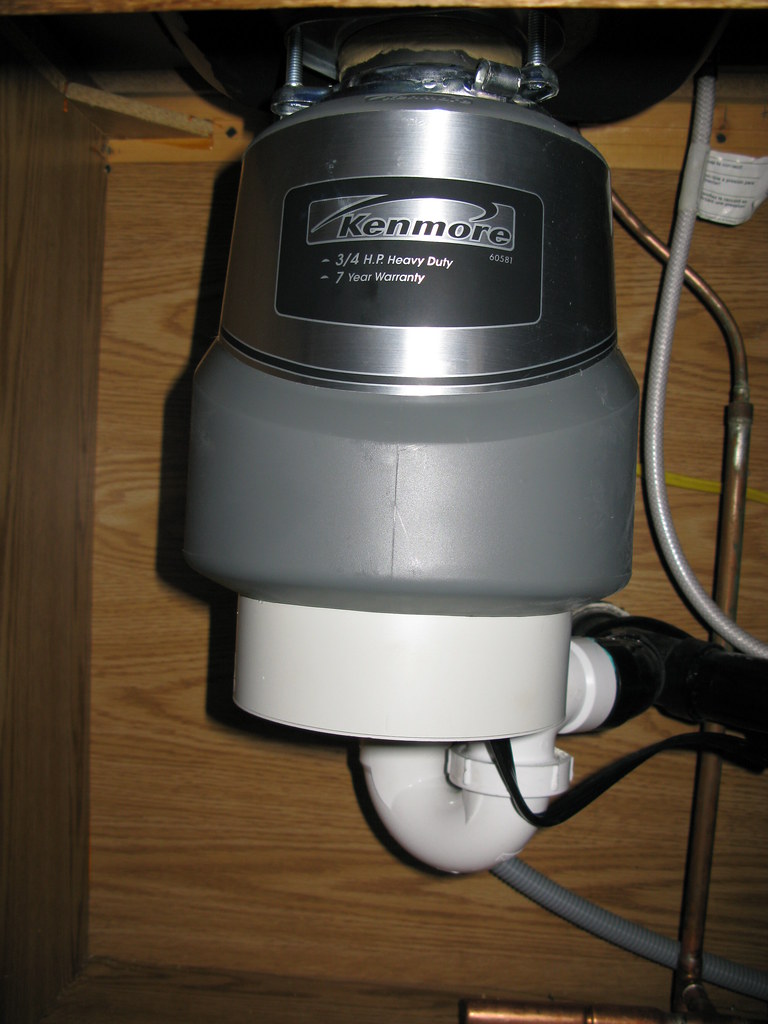



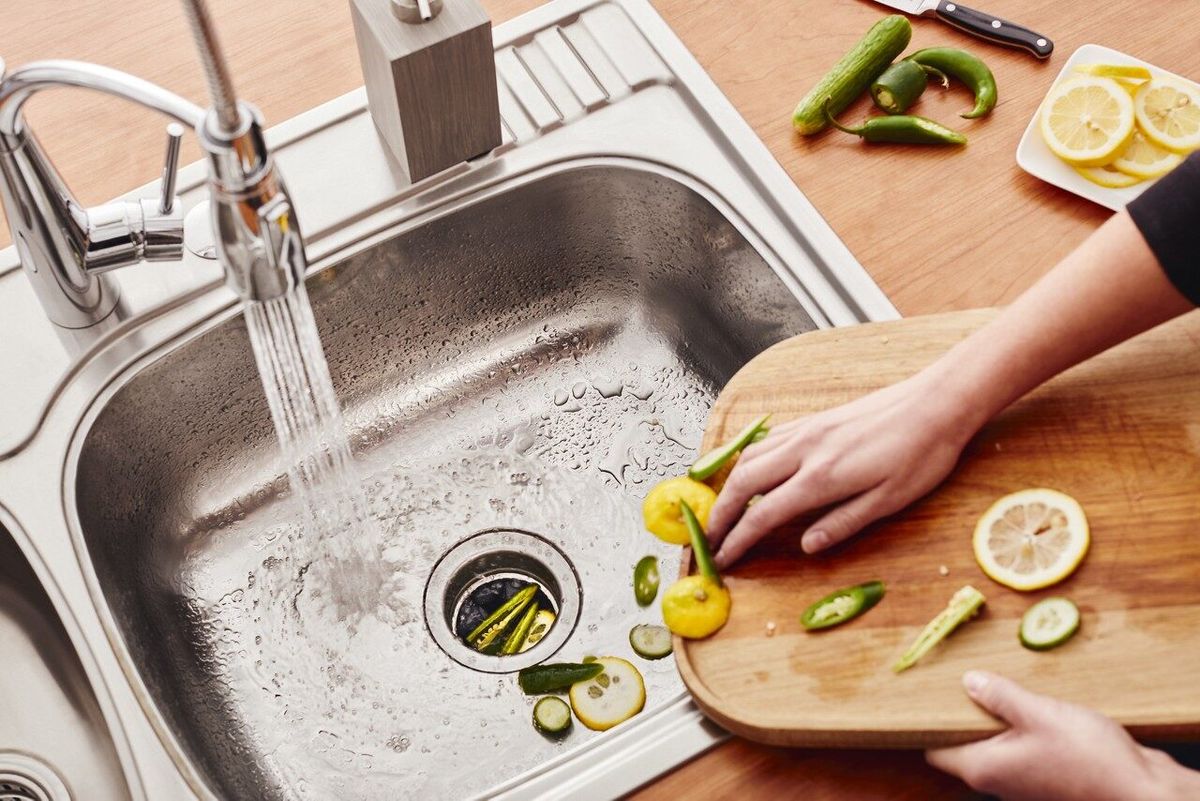


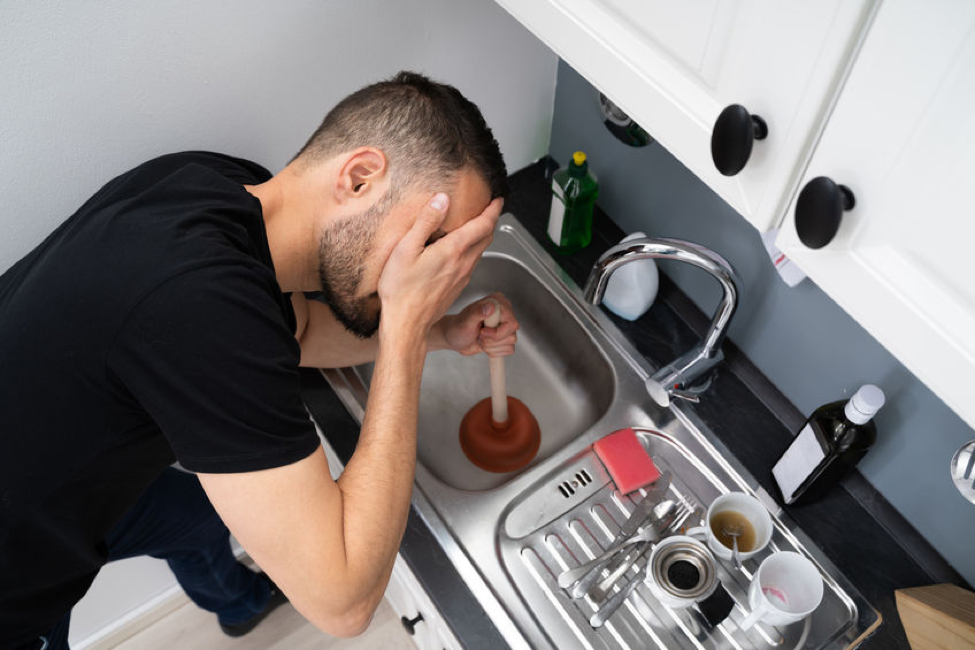




:max_bytes(150000):strip_icc()/Repair-a-Clogged-Garbage-Disposal-1824884-hero-cda06d4e6955472bbab06ed123bc5b99.jpg)

/kitchen-sink-171366298-57fe93b75f9b5805c26b283a.jpg)


:max_bytes(150000):strip_icc()/Repair-a-Clogged-Garbage-Disposal-1824884-04-17f433ab5829440581b1065405c733df.jpg)





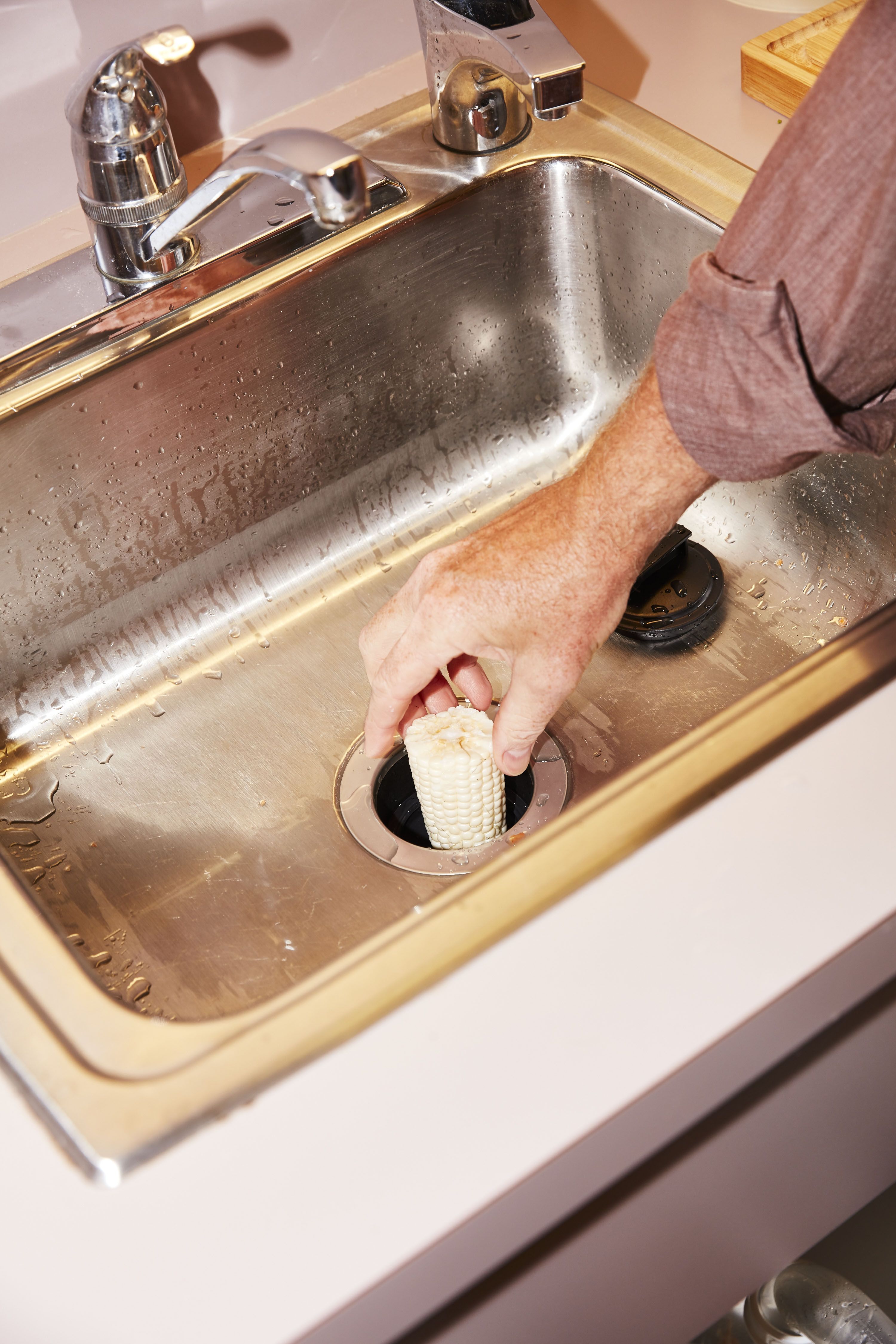


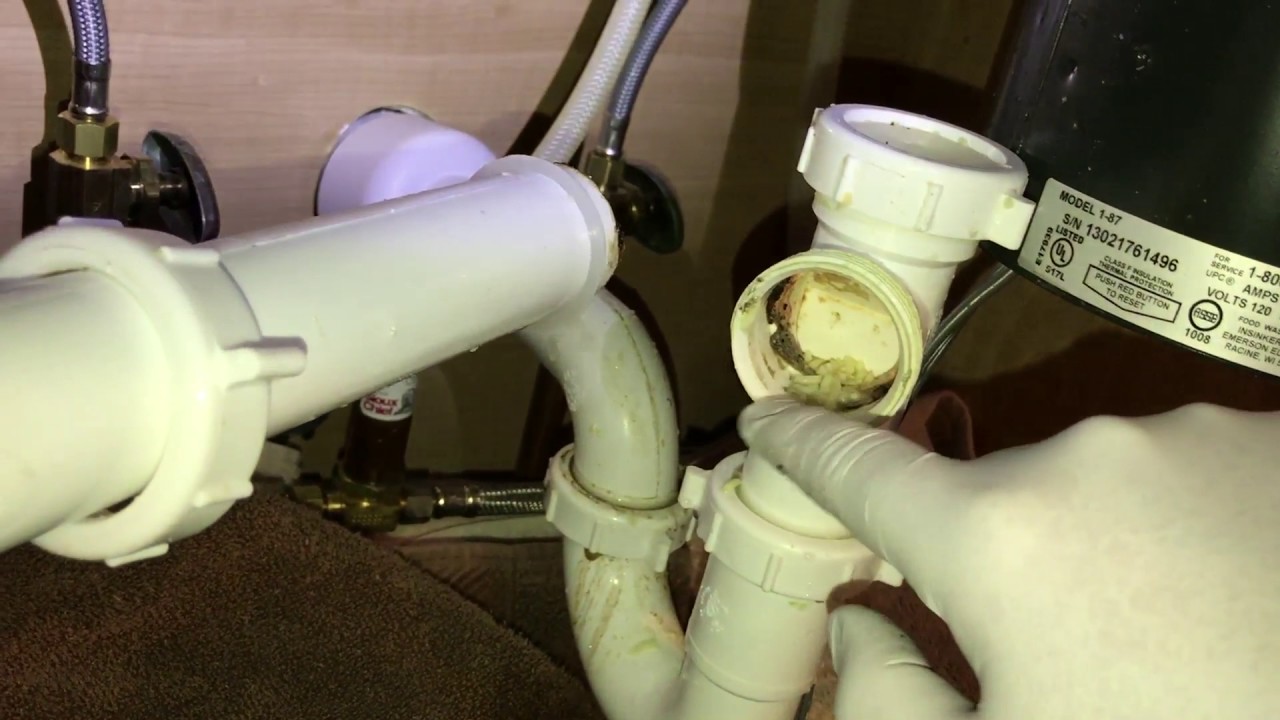





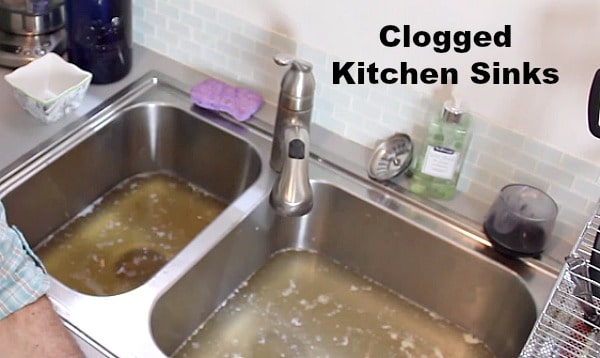

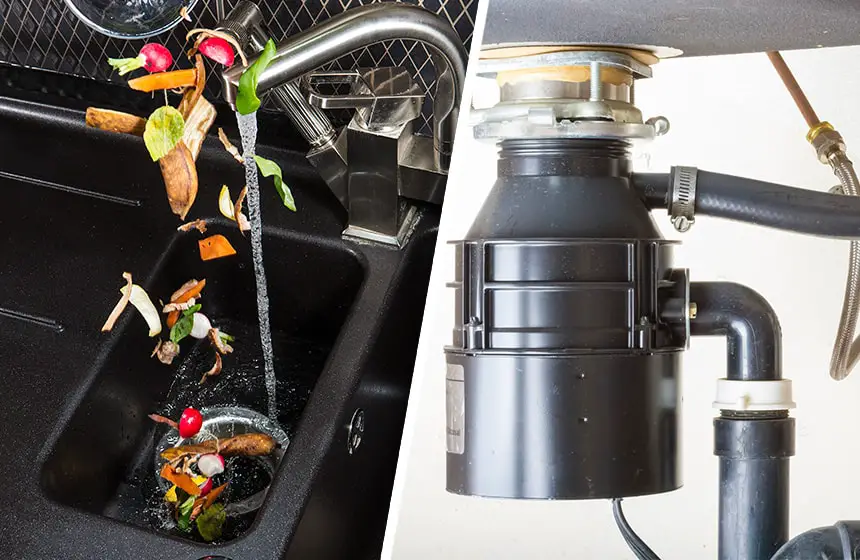

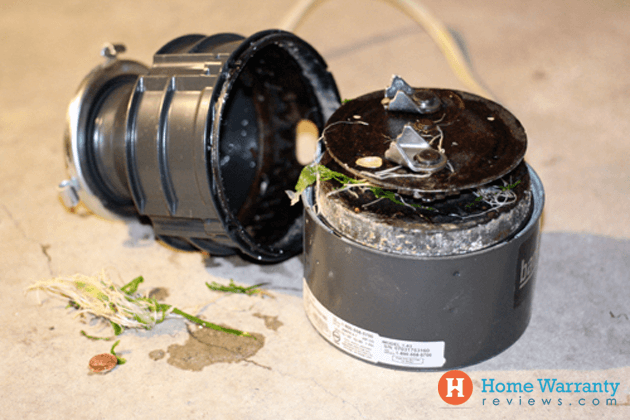

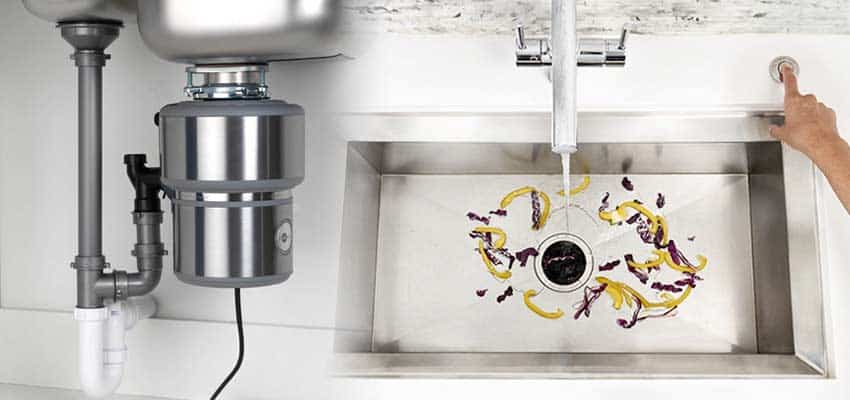
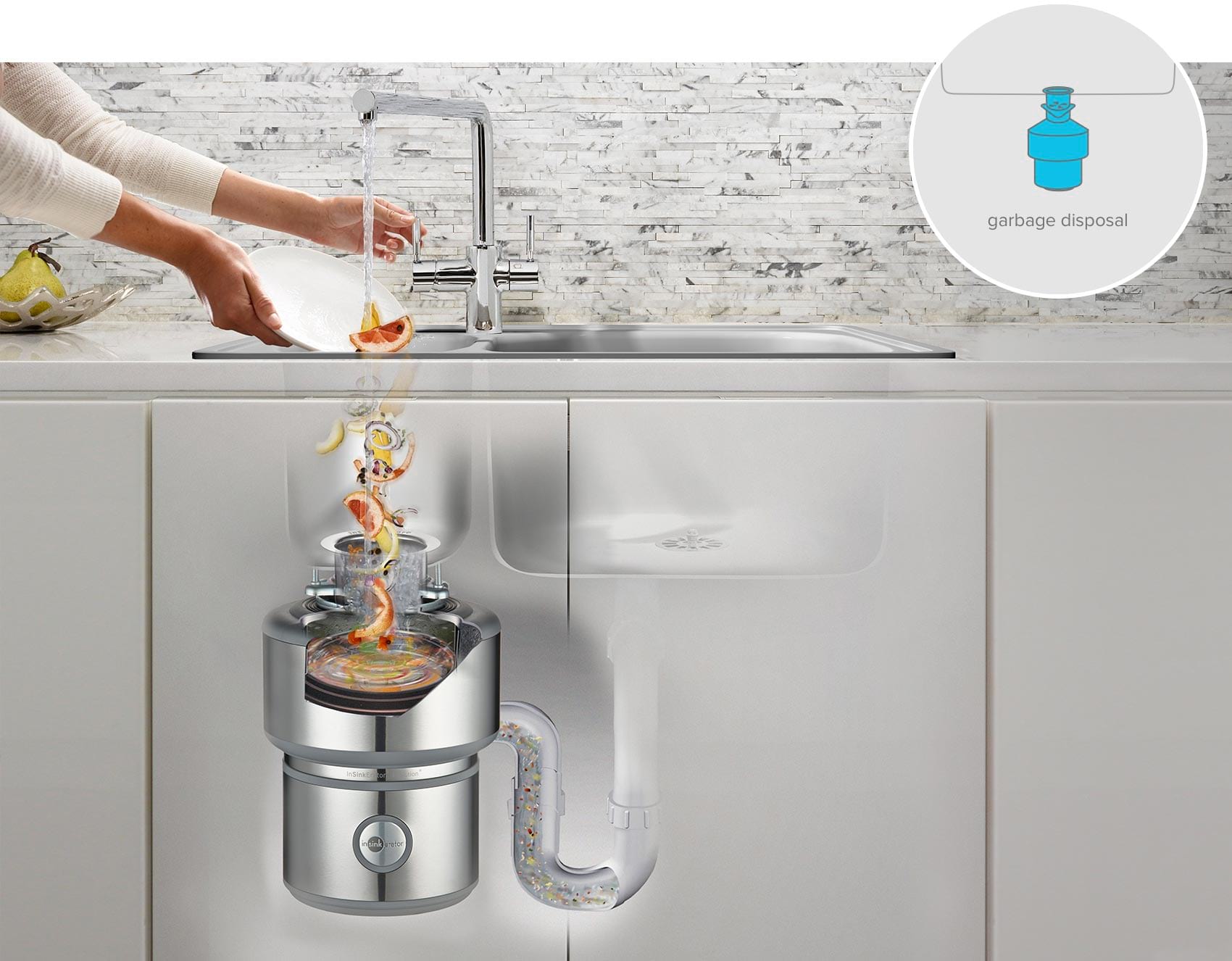
:max_bytes(150000):strip_icc()/garbage-disposal-buying-guide-2718864-hero-205069e72e6a4575b3131db47a6ace26.jpg)
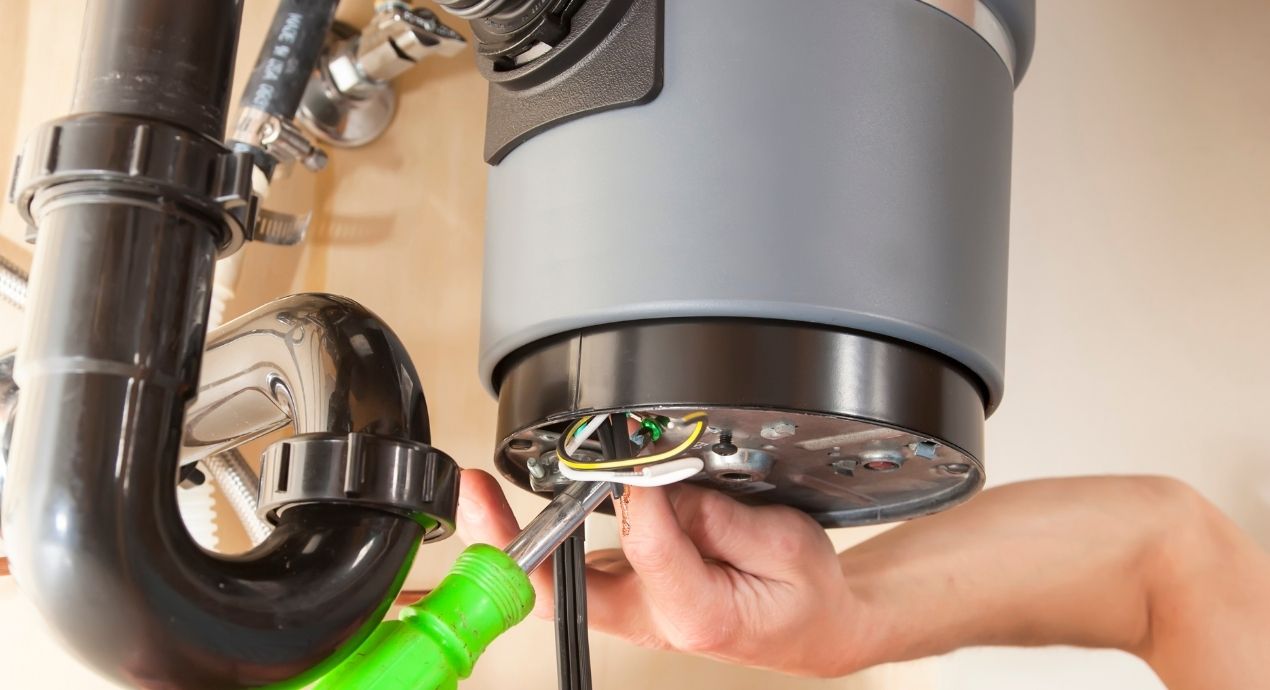
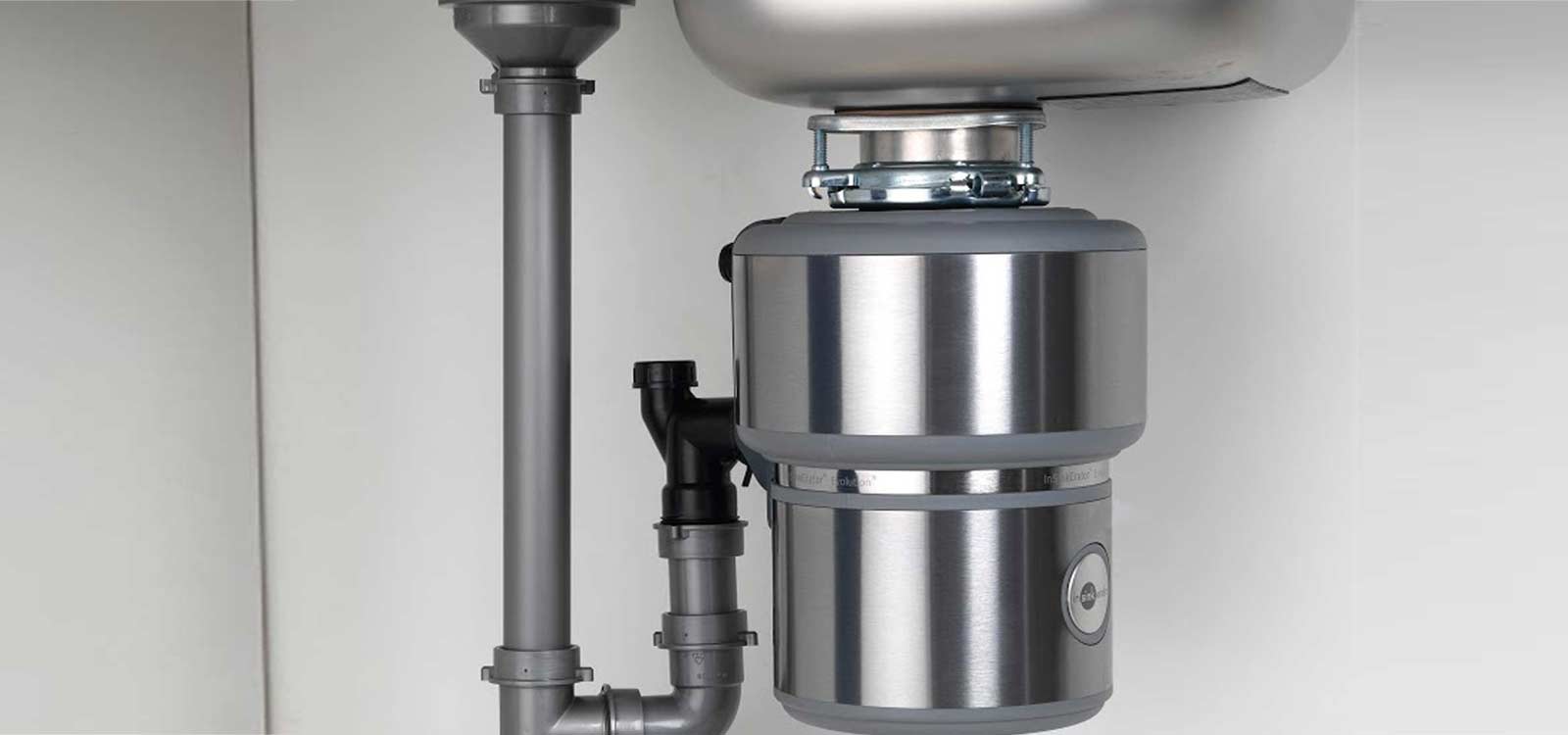

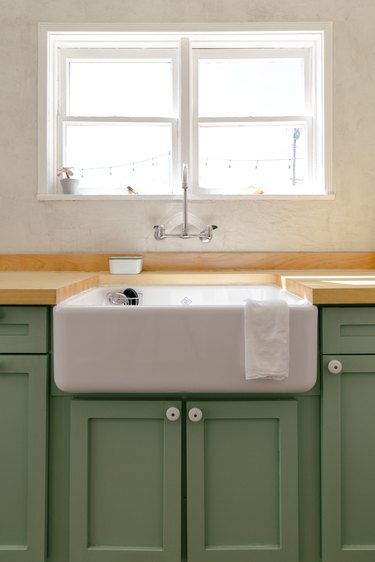
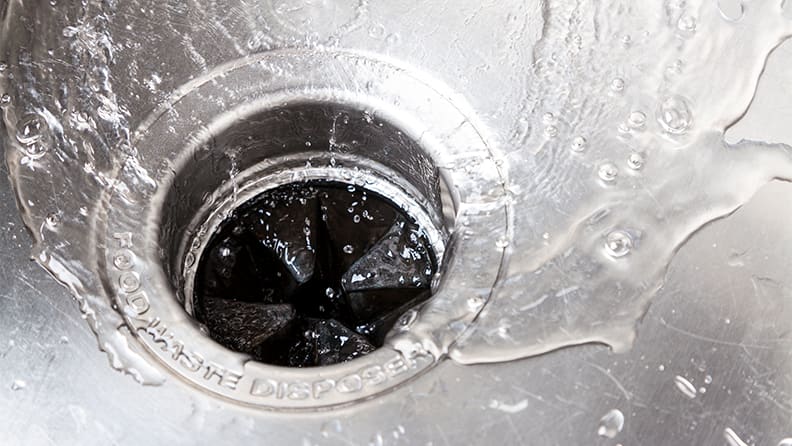

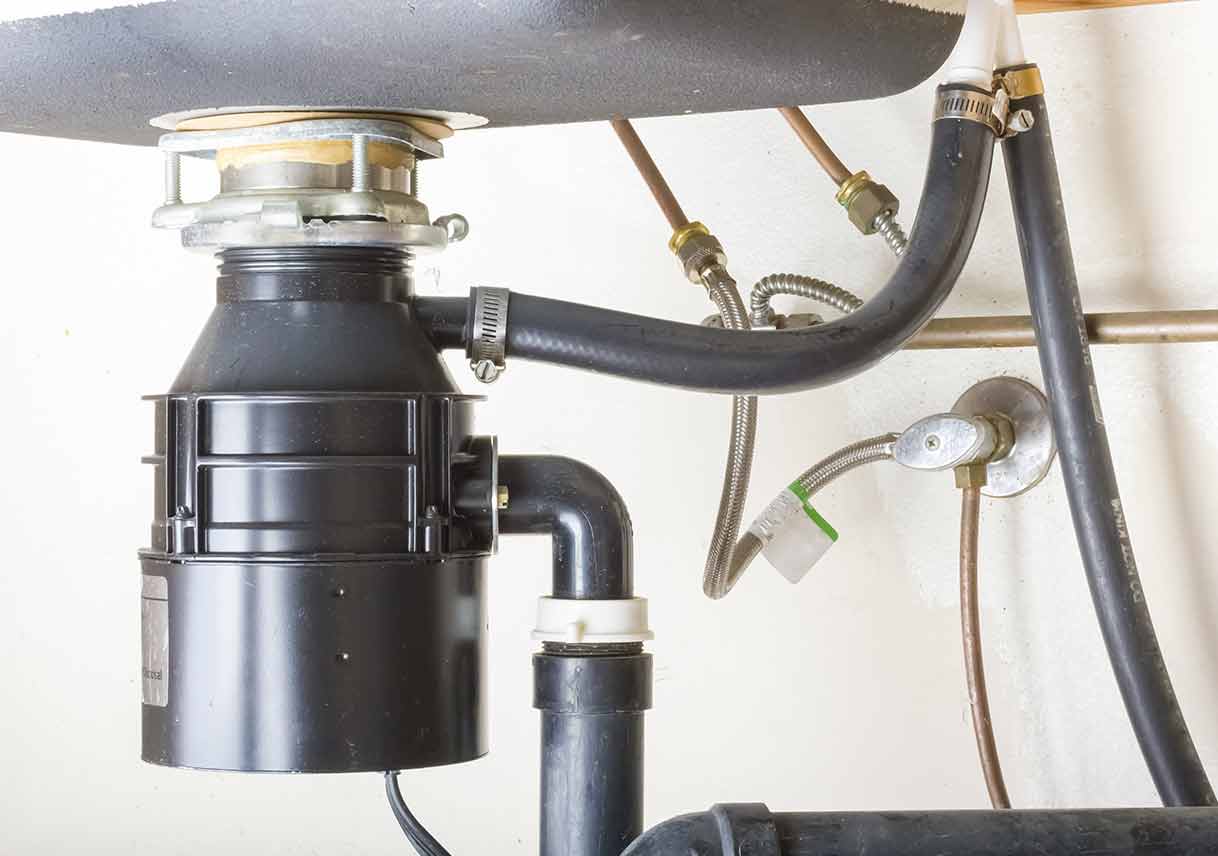

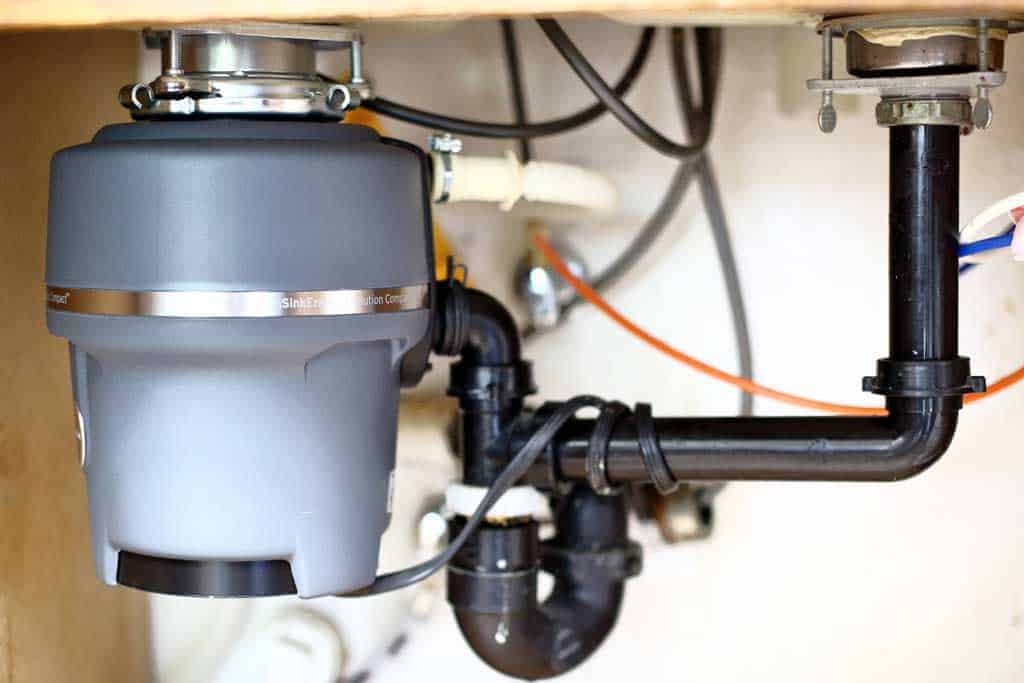
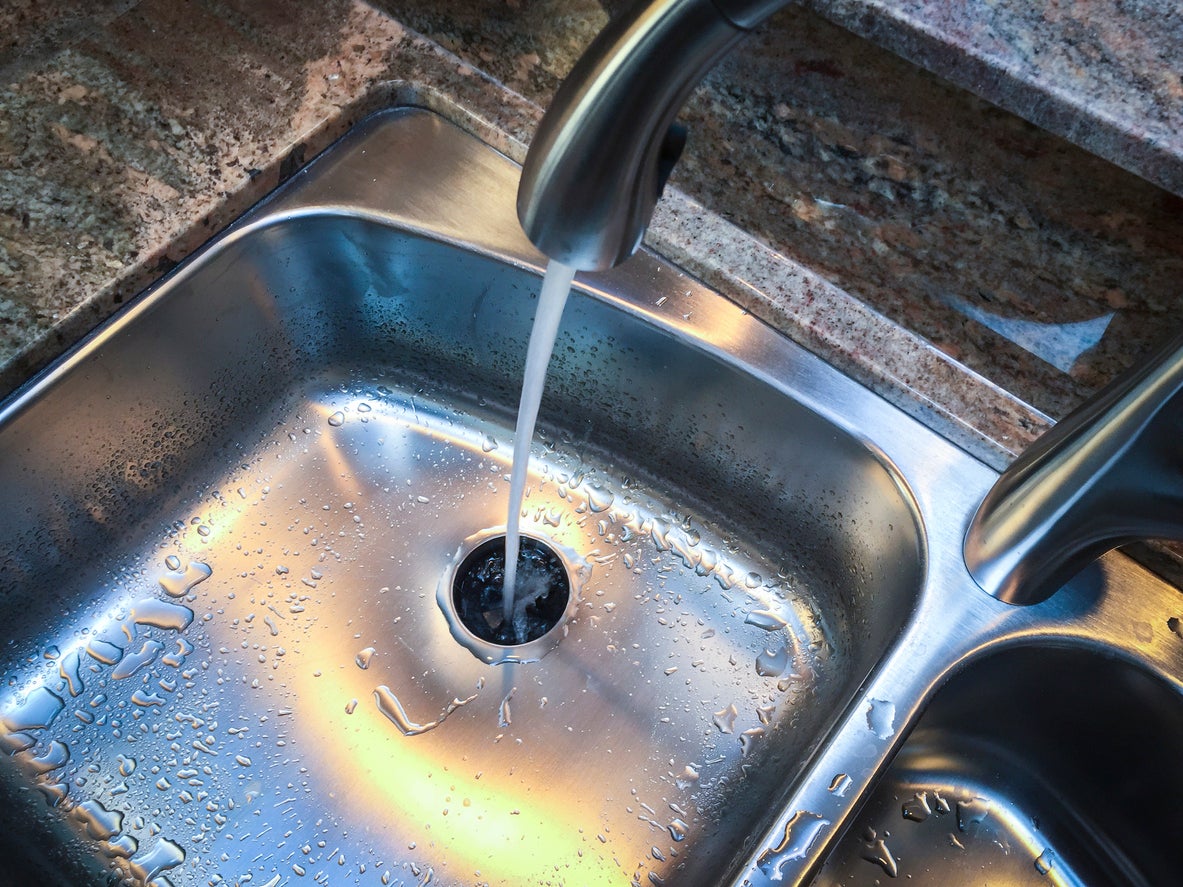
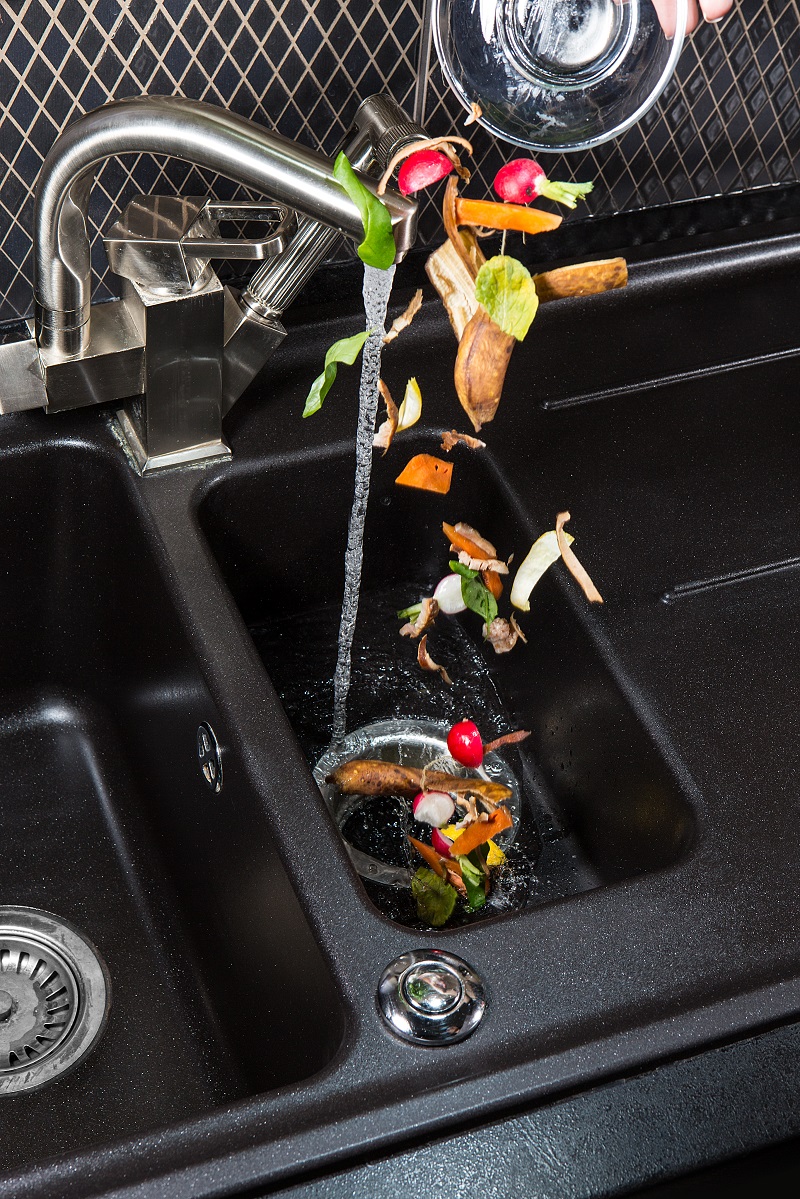

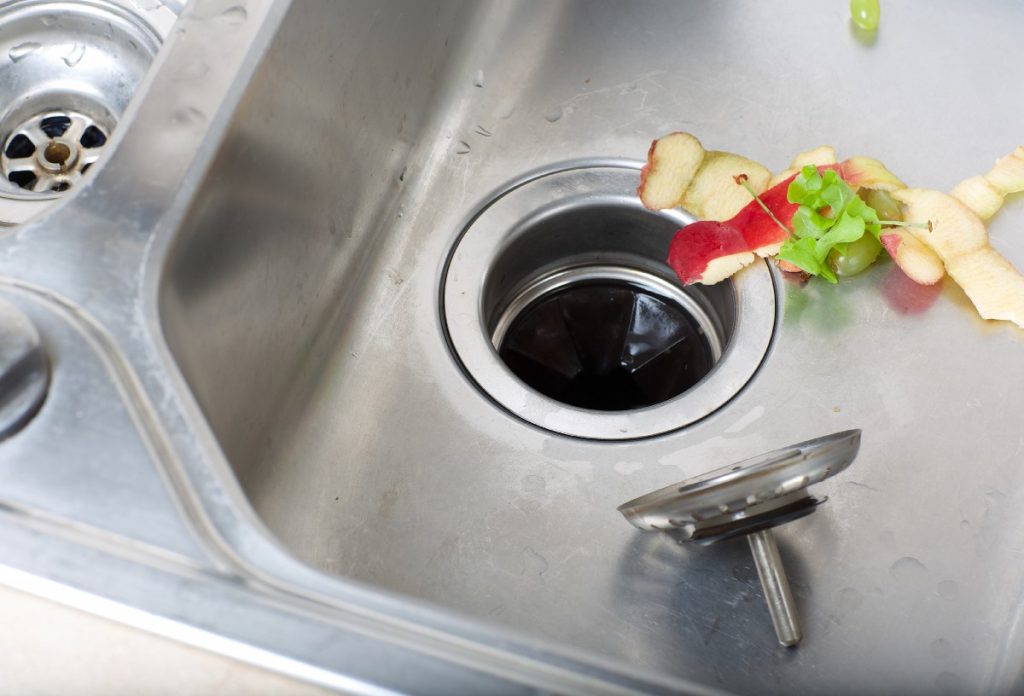



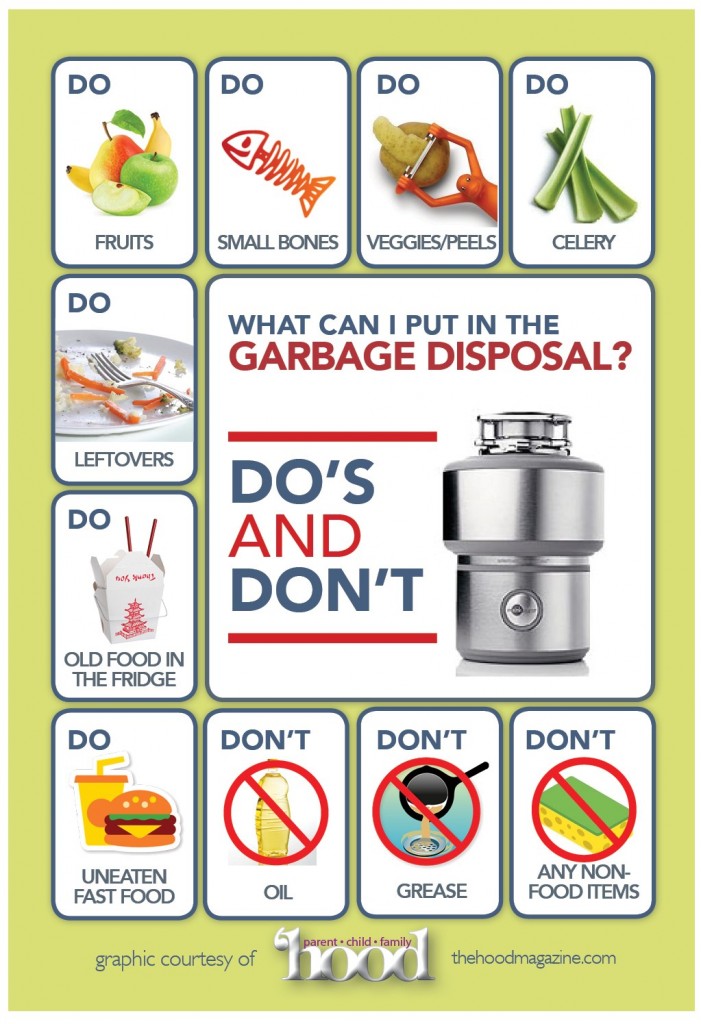




/how-to-install-a-sink-drain-2718789-hero-24e898006ed94c9593a2a268b57989a3.jpg)


